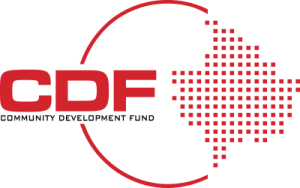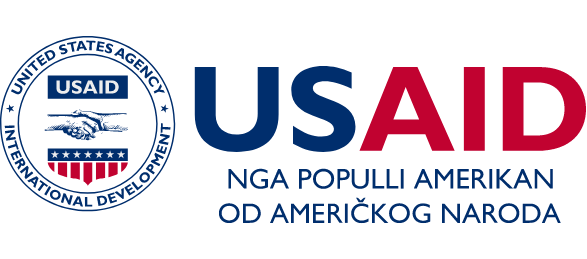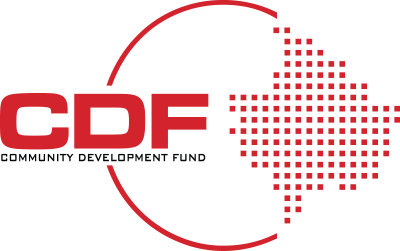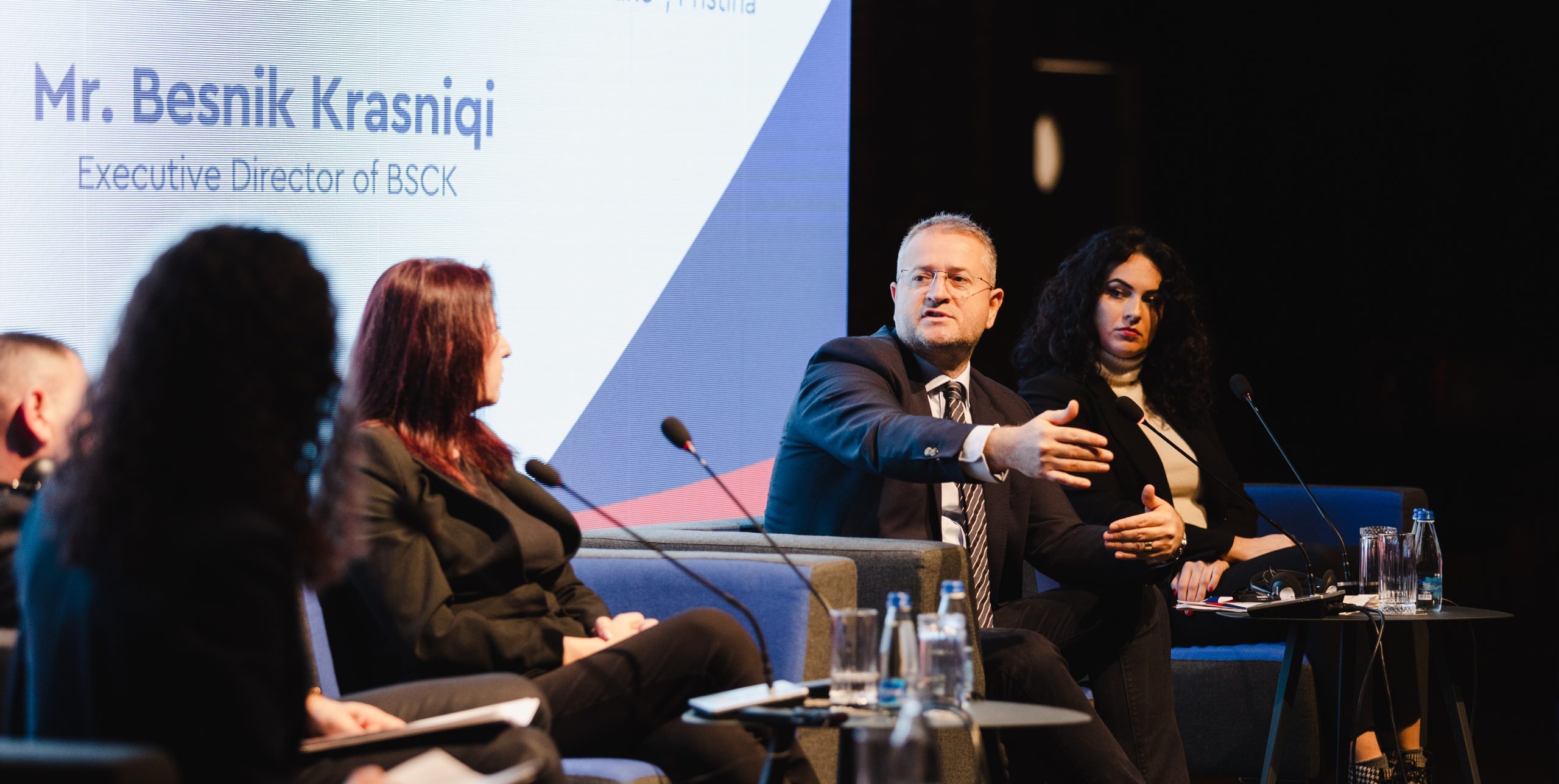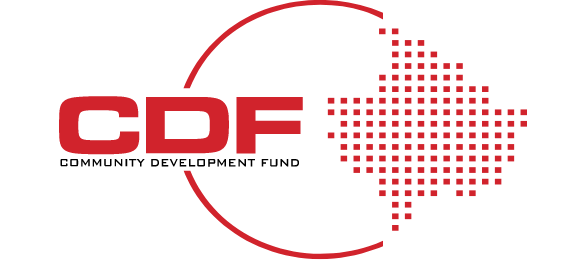In the commercial odyssey that every Micro, Small, and Medium-sized Enterprise (MSME) in Kosovo undertakes, the Value-Added Tax (VAT) emerges as an inescapable milestone. While VAT may be construed as an intricate tax category, understanding its nuances is not just a matter of legal compliance but a strategic imperative for financial optimization. This article delves into the intricacies of VAT in Kosovo, its prevailing rates, and, most critically, its ramifications for MSMEs.
The VAT Landscape in Kosovo
Kosovo’s VAT regime is designed to be a broad-based tax on consumption, levied at each stage of the value chain. Currently, the standard VAT rate is 18%, applicable to most goods and services sold or consumed within the country. There are exceptions, such as basic foodstuffs and medicines, which attract a reduced rate.
Key Components:
- Standard Rate: The standard VAT rate in Kosovo is 18%.
- Reduced Rate: A reduced rate of 8% is applicable for certain essential goods.
- Zero-Rated Goods: Exports and certain types of international services are zero-rated.
- Exemptions: Some categories of goods and services are completely exempt from VAT.
Implications for MSMEs
Standard VAT Obligations
Any business in Kosovo with an annual turnover exceeding €30,000 must register for VAT. Once registered, the MSME is obligated to charge VAT on its sales and entitled to reclaim VAT on its purchases.
Example: A budding software development firm in Prishtina with an annual turnover of €50,000 must register for VAT and apply an 18% tax rate on its invoices.
Managing VAT Cash Flow
VAT cash flow management is pivotal for MSMEs. It’s vital to separate collected VAT from operational funds, as this money ultimately belongs to the tax authority.
Example: A restaurant in Peja should establish a separate bank account where all collected VAT is stored until it’s time to remit it to the tax authorities.
International Trade and VAT
If your MSME is involved in exporting goods or services, you need to be conversant with the zero-rated VAT rules.
Example: An MSME in Gjakova exporting handcrafted goods to Germany can apply a zero VAT rate to these sales, making their products more price-competitive.
Compliance and Reporting
- VAT Invoices: Issue VAT invoices for all taxable sales, capturing all required details.
- VAT Returns: File monthly or quarterly VAT returns, depending on your turnover.
- Documentation: Maintain impeccable records to substantiate your VAT returns.
- Technology: Utilize accounting software that can handle VAT calculations and generate reports.
Mastering the VAT landscape is not merely an exercise in legal compliance for Kosovo’s MSMEs; it’s a strategic asset that can vastly influence your bottom line. By understanding the specific VAT obligations and leveraging them judiciously, you position your enterprise for not just survival but sustainable growth. With Kosovo’s VAT rates and categories in perpetual evolution, staying updated is not optional—it’s a business necessity.
